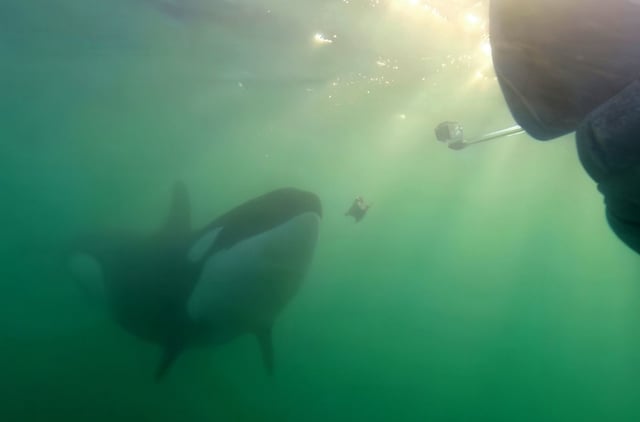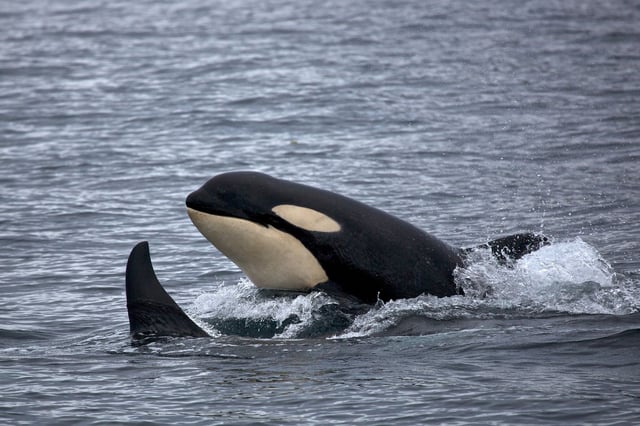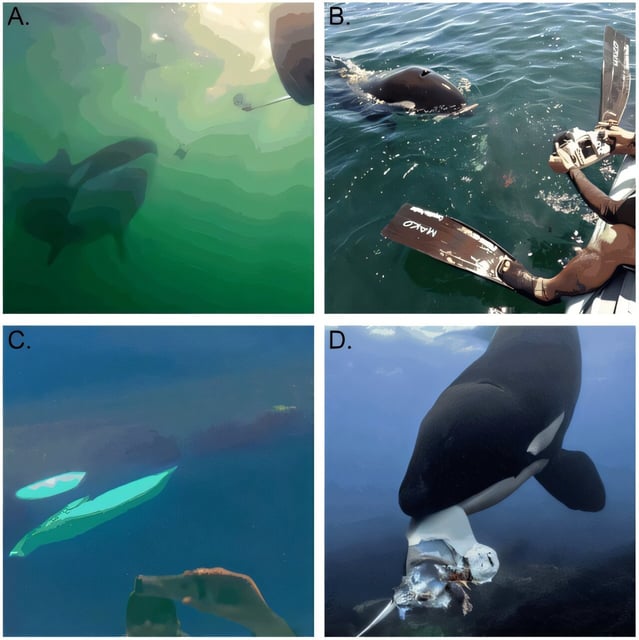Overview
- Researchers verified 34 instances between 2004 and 2024 of wild orcas intentionally approaching humans and offering at least 18 different prey items, including rays, seals and seaweed.
- Encounters occurred across multiple regions—from British Columbia and California to New Zealand, Norway and Patagonia—and involved people both in the water and on boats.
- The analysis applied strict inclusion criteria requiring orcas to initiate contact, drop prey directly before humans and wait for a response, with seven whales repeating their offerings.
- Authors interpret the behavior as evidence of interspecific generalized altruism and advanced social cognition, suggesting orcas recognize human sentience and curiosity.
- Study authors strongly advise against soliciting or reciprocating these rare interactions due to potential safety risks for both humans and whales.



